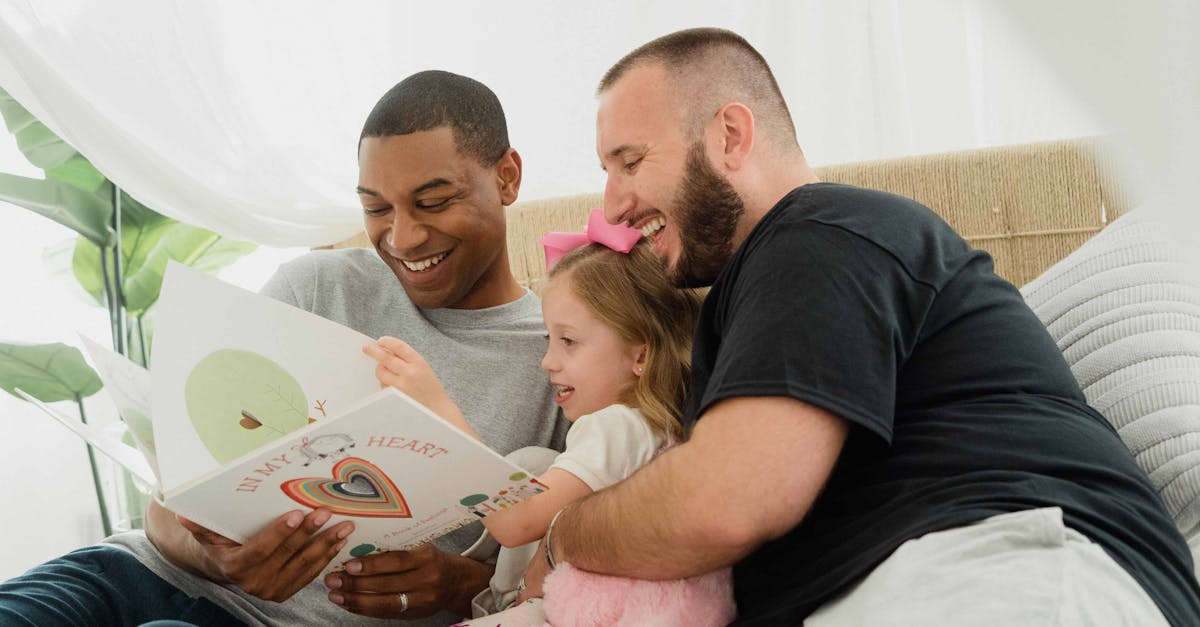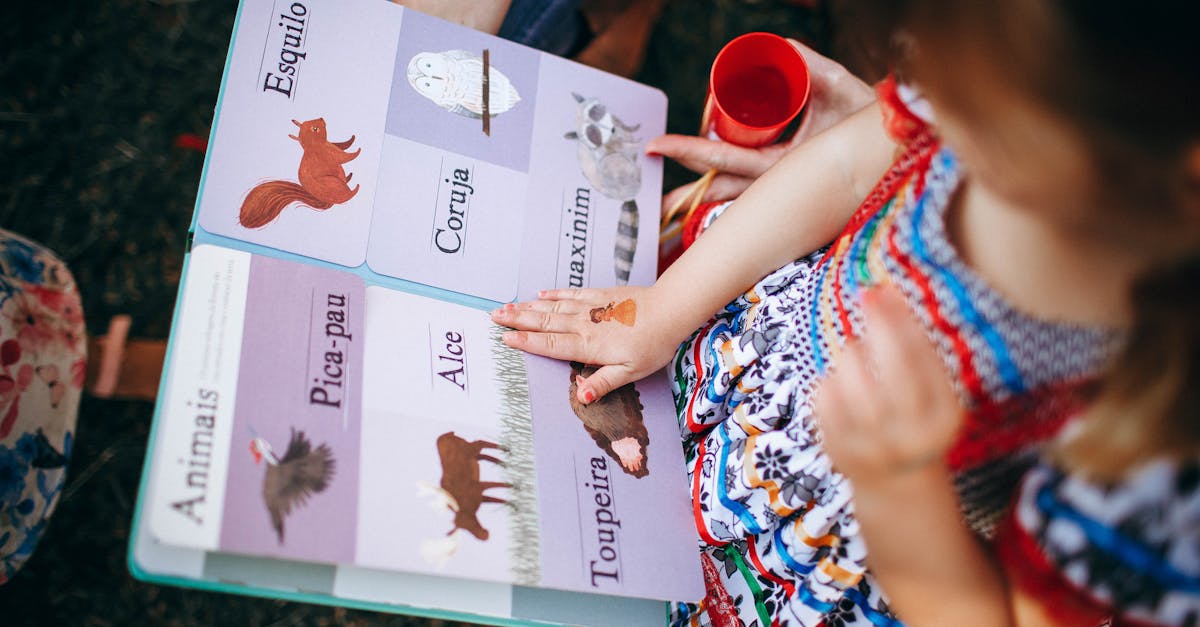Starting the Conversation on Grace
Understanding grace can be tough for preschoolers, but it’s a rewarding journey. Kids are naturally curious, absorbing new concepts eagerly. Grace is the unconditional love that we can impart by showcasing kindness and compassion.
Start the conversation by using everyday moments—when a toy is shared or when a mistake is forgiven. Highlight how these moments teach us about love and acceptance. It’s also helpful to connect this with stories or nursery rhymes they love, enhancing their understanding through familiar contexts.
Bringing complex ideas down to their level, with humor, can make all the difference. For example, suggest that forgiving someone is like hitting the ‘reset’ button on a video game. It’s relatable and easy to understand.

Fun Activities to Explain Forgiveness
Learning about forgiveness can be interactive and fun! Create activities that allow children to express themselves.
Interactive Role-Playing Games
Conduct simple role-playing games where they can offer or ask for forgiveness. For example:
- Provide scenarios, like accidentally knocking over a block tower, to walk through how to apologize and how to forgive.
‘Forgiveness Fridays’
Circle time can also be a perfect setting for ‘Forgiveness Fridays’, where each child shares something they did during the week that required saying ‘I’m sorry’. It’s a lighthearted way to weave forgiveness into routine without pressure.
Laughter and Learning
Laughter mixed with learning is a powerful tool. Consider stories like a clumsy lion learning to forgive a sneaky fox. As your child mimics lion roars and sly fox steps, they absorb these lessons seamlessly.
Visual Aid
To enhance the learning experience, use engaging visuals:

Addressing Emotional Challenges
Preschoolers can often experience big emotions, which feel even bigger to them. Address their emotional reactions with empathy while teaching them about grace.
Acknowledge how they feel when they’re hurt or when they’ve hurt others, fostering an environment where it’s okay to make mistakes.
Discuss how everyone feels happy when someone says ‘It’s okay!’ after a misunderstanding. This helps them learn that it’s normal to have ups and downs.
Utilizing Humor and Creative Expression
Humor is your ally—i.e., remind them how a grumpy face can become a silly face in mere moments. Encourage drawing or crafting sessions to allow them expression beyond words. These activities support emotional intelligence, paving the way for understanding grace.

The Power of Storytelling
Storytelling is a magical bridge for communicating complex concepts to little ones. Engage your child with tales that seamlessly incorporate themes of grace and forgiveness. Create characters—perhaps a mischievous monkey and a forgiving elephant—depicting relatable scenarios and resolutions.
Enlist your child’s toys as story actors, making the message more personal and memorable. Storytelling not only entertains but also prompts internalization of values across different contexts.
If they love storybooks, suggest books like ‘The Berenstain Bears Get in a Fight’, which naturally embed these themes.
Through storytelling, abstract ideas become adventures they remember fondly, turning bedtime into teaching time without them realizing.

Encouraging Parent-Child Interaction
Making learning a two-way street can strengthen your connection with your child. Encourage them to ask questions about grace and share their thoughts about forgiveness. These interactions show how much you value their insights, empowering them with confidence.
Strategies for Interaction
- Watch child-friendly shows that depict forgiveness together; discuss each scene’s teachable moment.
- Share personal anecdotes from your own childhood, bringing these themes to life with a personal touch.
- Engage with your child playfully; even a simple puppet show can spark insightful dialogues.
Transform knowledge into achievable bites—your child not only grows spiritually but also socially, cementing these fundamentals through everyday interactions.

